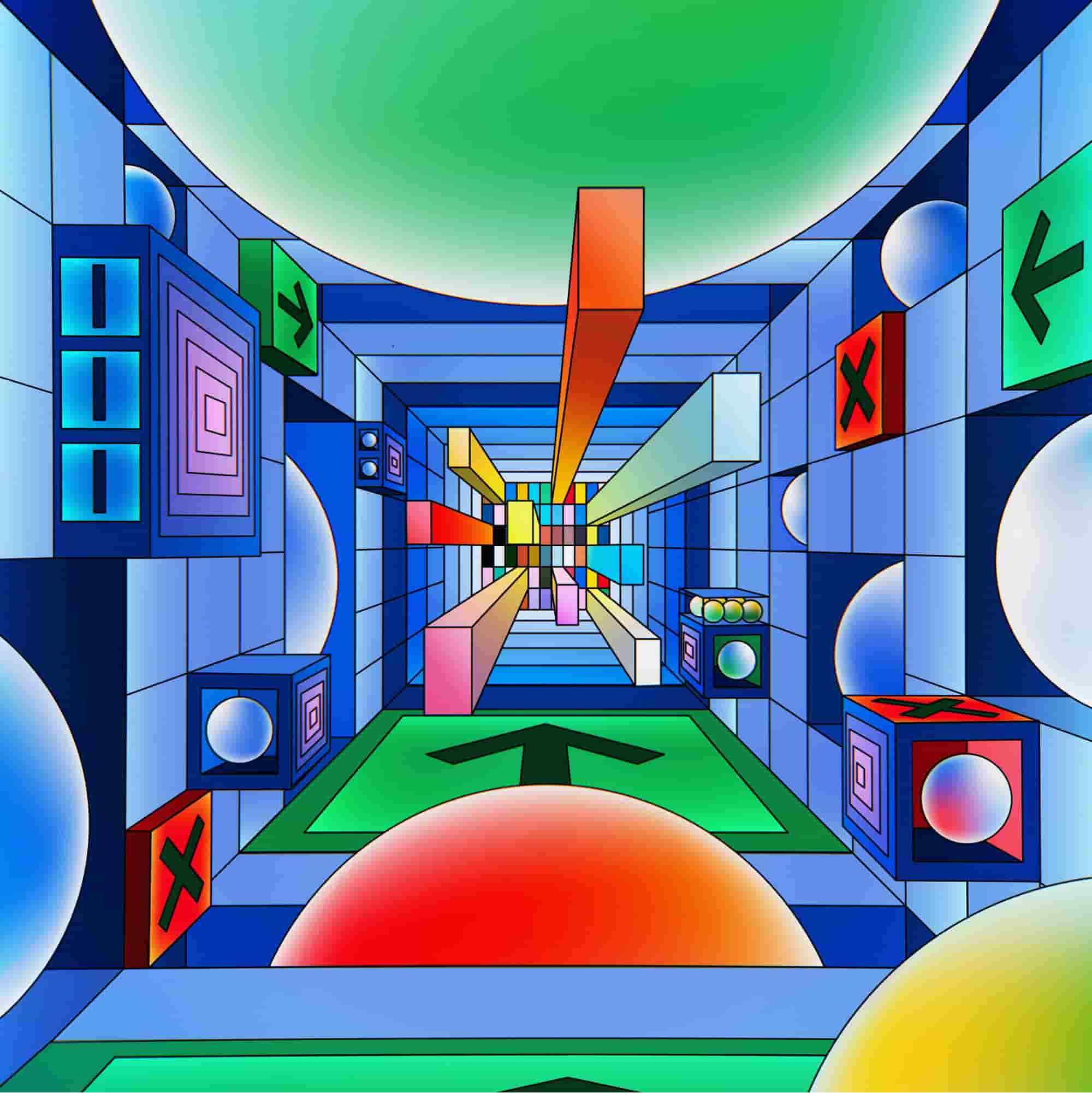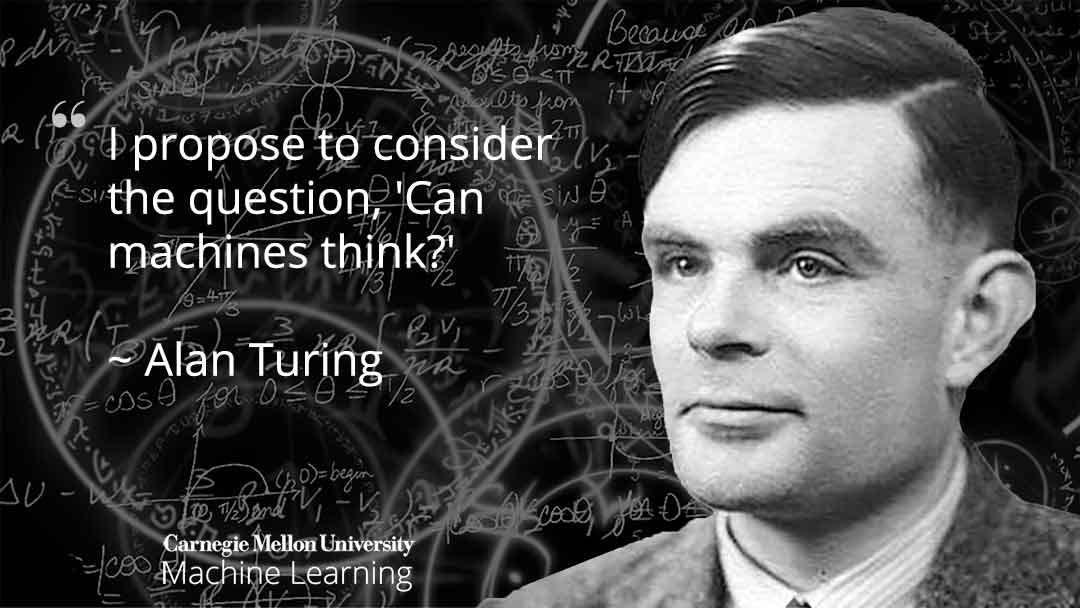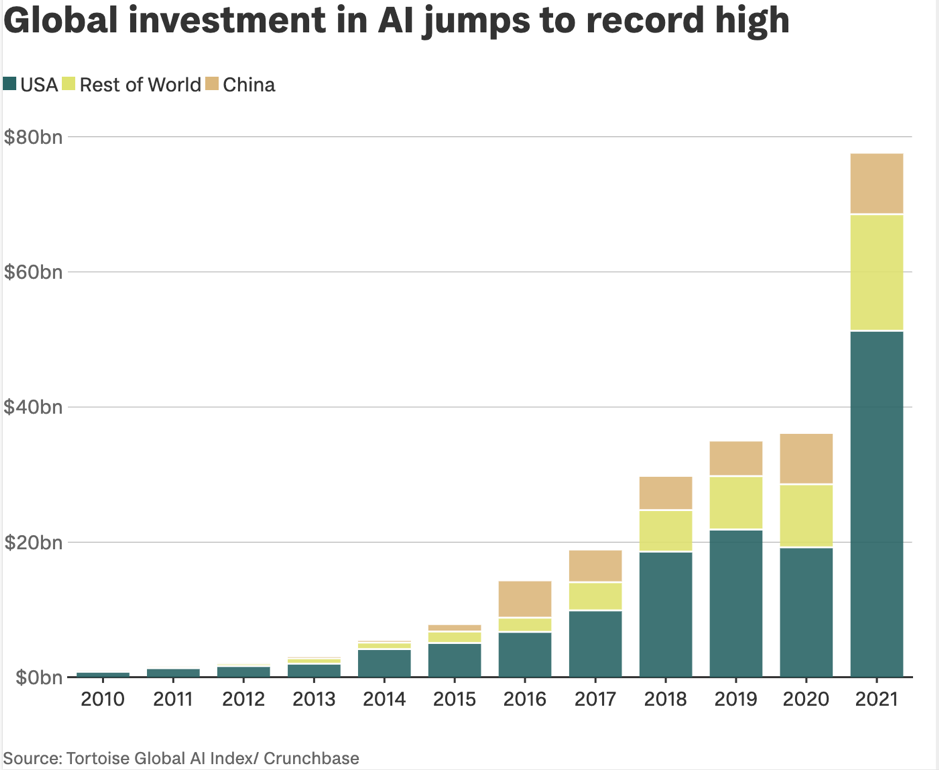The future of Artificial Intelligence: expectations.
Publié le :14 juin 2023 à 21:00
Par : Vincent Asani

June 2023, as a software engineer, I am aware of concerns about the future of AI (Artificial Intelligence). A fascinating and uncertain subject that attracts the media, especially with the advent of generative AIs such as ChatGPT, MidJourney and DALL-E.
😇 No worries, there is currently no artificial intelligence that can come close to ours.
The real question is, what are expectations ? In other words, what will our life be like with AI at its peak? In this article, I share my opinion.
#1 Short history and a simple definition
AI is not a new concept. Its major breakthroughs date back to the 1950s, with the pioneering work of scientists like Alan Turing and the Turing Test, who first explored the possibility of simulating human intelligence with machines.
💡 The ideal was very simple: to use machines to assist humans in their evolution. To create a machine that thinks.

From the 1950s to 2020, AI has experienced rapid progress. From simple machine learning programs with iterative actions and limited data (supervised machine learning), to advanced and sophisticated concepts of deep learning with massive amounts of data (Big Data).
Since 2010, with the emergence of Big Data, AI systems have become even more capable of performing specific tasks based on vast amounts of data. This includes areas such as image recognition, predictive analysis (prediction algorithms), natural language processing, autonomous vehicles, and more.
There is no single definition attributed to AI. I define it as constructed intelligence, where intelligence refers to the ability to discern, draw conclusions, perform tasks, or create.
✅ So the AI is also a real intelligence, with the only big difference that it does not have self-awareness. This is why I told you earlier that it is not yet at the level of brushing ours.
#2 The AI revolution is underway
We have understood it, the AI landscape is changing very quickly, the rain of current innovations confirms it. AI ideas keep getting funded with investors who are very happy with them.

💡 In my opinion, the next 100 years will be more significant in terms of the evolution of human civilization than anything we have ever experienced.
From Alexa/Siri to Chatbots, AI has become omnipresent in our daily lives, present in our electronic devices, online services, and connected objects. The algorithms used by social media platforms to provide personalized content to users are perfect examples of this.
✅ Indeed, AI has continued to gain in capacity and competence, and it shows no signs of slowing down. It will transform numerous domains in our society.
The capabilities of data processing and powerful computing have significantly increased, enabling AI systems to analyze large amounts of data in real-time.
This has paved the way for innovative applications such as speech recognition, computer vision, autonomous vehicles, and virtual assistants.
In 2023, the emergence of generative AI, such as OpenAI's ChatGPT, has sparked curiosity among the general public, researchers, engineers, artists, philosophers, and professionals from various sectors.
🔥 AI has demonstrated creativity by generating original content, such as text (ChatGPT), images (MidJourney), music (Boomy, Amper Music), and even artwork (DALL-E). There have been numerous innovations in this field, too many to mention all of them.
#3 Myths and Reality about AI
I have deliberately chosen to list three myths about AI that you may come across on social media or in the press. Believe me, these statements are far from being verified, at least for now :
- No, AI is not capable of reasoning like a human : AI systems are limited to specific tasks and operate based on predefined models. They do not have emotions, self-awareness, or intuition.
🧠 The human brain is still far superior to the neural networks of AI systems.
- No, AI cannot replace human jobs : While AI may have the ability to automate certain tasks, it is unlikely to completely replace human jobs. Instead, AI has the potential to transform and enhance efficiency, creating new opportunities.
💡 The evolution of AI is expected to lead to transformations in the workforce rather than complete substitution of human jobs. Experts assert that AI will make certain professionals more productive than ever before, including doctors, lawyers, and computer programmers.
- No, AI is not an existential threat to humanity: Indeed, as AI is a creation of humans, it cannot be a threat if appropriate regulations and security measures are put in place to ensure responsible use.
In reality, the future of AI is promising and it is likely to have a significant impact on various sectors such as education, manufacturing, e-commerce, healthcare, transportation, cybersecurity, and many others, as its potential is vast and continuously evolving.
💡 However, everything will depend on how humans judge and regulate the scope of this impact.
#4 What are the expectations?
📌 Expectation 1:
Generative AIs, such as ChatGPT, are gaining more prominence. Multinational companies like Microsoft and Google are planning to integrate these generative AI technologies into their products, allowing users to draft emails, summarize meetings, and leverage many other interesting functionalities.
OpenAI offers an API that enables tech companies to connect GPT-4 to their own applications and products. They have also developed plugins in partnership with companies like Instacart, Expedia, and Wolfram Alpha to expand the capabilities of ChatGPT.
📌 Expectation 2:
AI will make certain workers more productive, but some jobs will be replaced. Repetitive tasks will be the most affected. AI-powered chatbots like ChatGPT, Bing, Bard, and Ernie have been developed to answer complex questions and perform various tasks. AI is progressing rapidly, raising concerns about its future impact.
📌 Expectation 3:
Companies like OpenAI and DeepMind aim to develop artificial general intelligence (AGI), a machine capable of matching human capabilities. However, achieving this goal will require a deep understanding of the physical world and major technological breakthroughs.
❓ It is crucial to question whether we truly desire such powerful AI and whether it can be controlled.
#5 What are the risks?
Many experts in artificial intelligence believe that their creations can improve our lives, but they also warn about potential risks.
They emphasize the importance of aligning AI systems with human values and goals.
A study conducted by OpenAI prior to the release of GPT-4 revealed possible dangerous uses of the chatbot, such as suggesting the purchase of illegal weapons or the creation of hazardous substances.
Although measures have been taken to address these issues, it is difficult to eliminate all potential abuses. Additionally, as these systems learn from data, they can acquire skills and unexpected security problems.
💡 It is also concerning that other actors, such as companies, countries, or malicious actors, are exploring this technology without the same precautions.
In conclusion
Predicting the future of AI involves predicting our own future. While we cannot do so with exact certainty, based on the facts, we have the ability to form an idea of how things may unfold.
Either we will govern AI, or it will govern us. The future that we care so much about will depend on the choices we deem necessary for our survival.
Mise à jour le : 16 juin 2023 à 10:07
